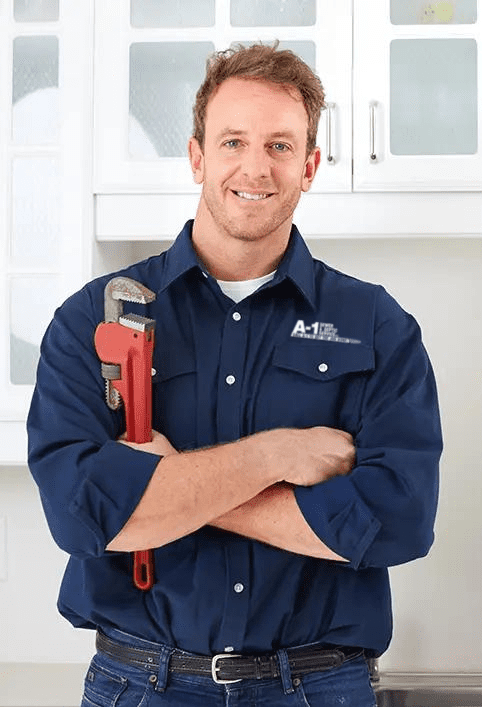Preventing a Plumbing Emergency Over the Holidays
If you will be entertaining over the holidays the last thing you want is for a plumbing disaster to strike, and we all know that emergencies always happen at the worst times – like when we have a house full of guests! Whether the issue is a toy car clogging



